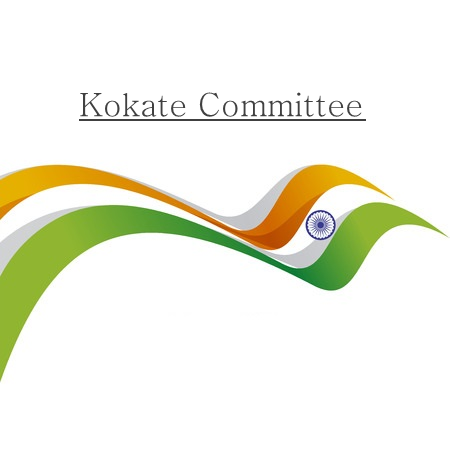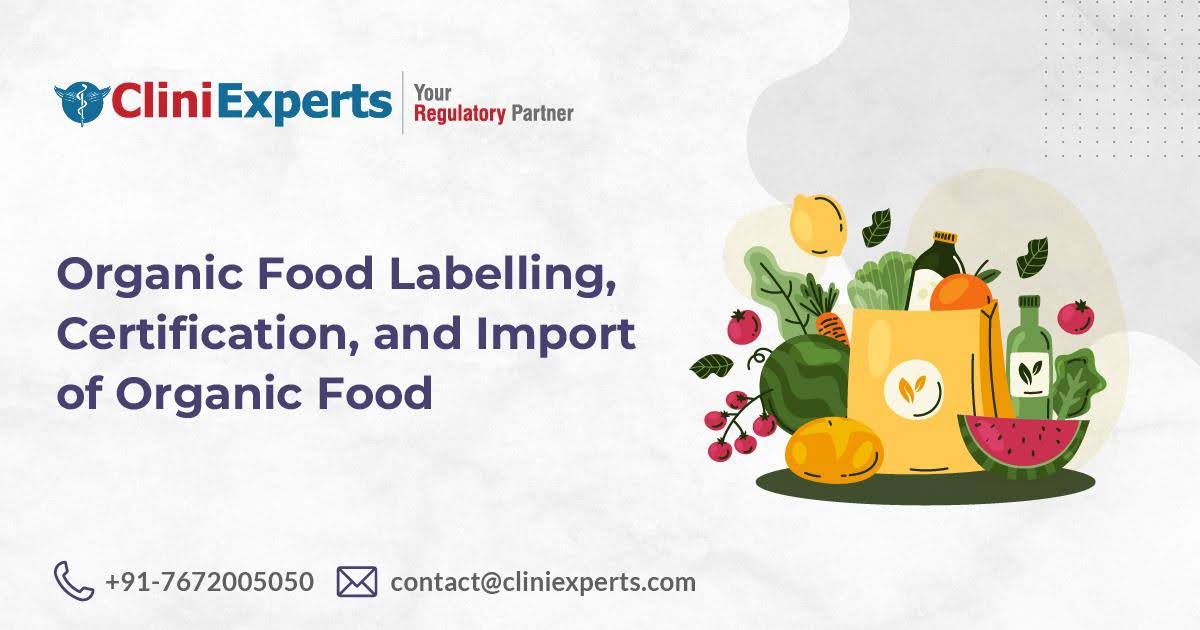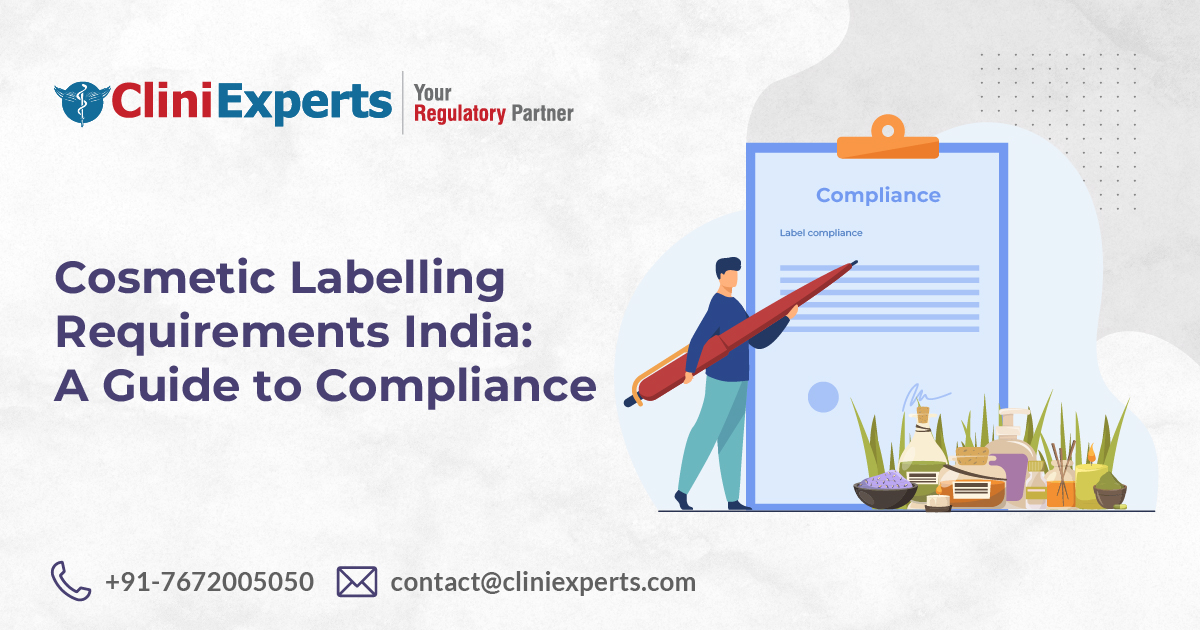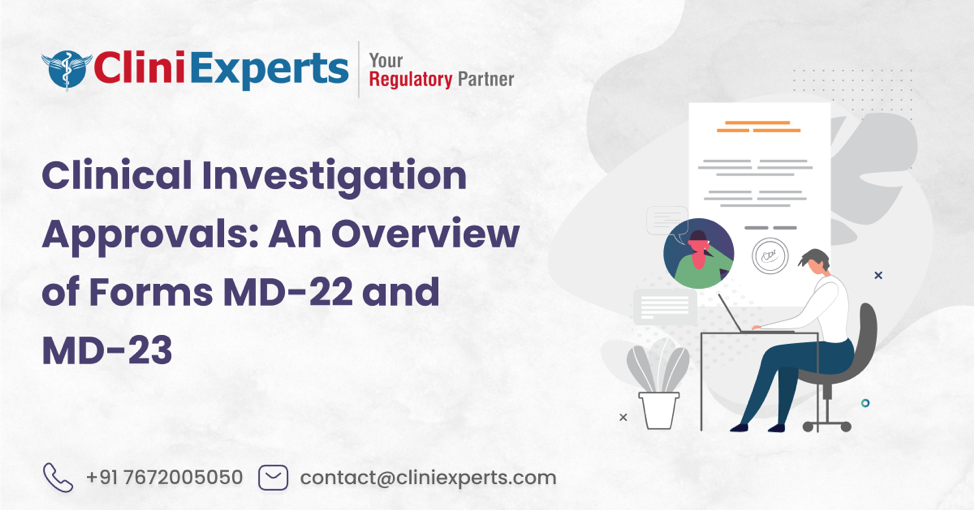Table of Contents
Kokate Committee

Constitution:
The Kokate Committee was constituted by Ministry Of Health And Family Welfare, Government of India, under the chairmanship of Prok. C.K. Kokate, VC, KLE University, Belgaum, Karnataka.(1)
The need to constitute the Kokate Committee:
Drug Controller General India (DCGI) had issued a letter dated 15.01.2013 to all the State drug controllers to ask the concerned manufacturers to prove the safety of their drugs which fall under the definition of ‘New drug’ within 18 months.
Accordingly 6220 applications, were received by the office of DCG (I) for proving the safety and efficacy of Fixed Dose Combinations (FDCs). A committee of 10 Experts was constituted with the approval of the Ministry Of Health And Family Welfare which could examine only about 295 applications.
In the view of above and in order to examine such huge number of applications in a timely manner, Ministry Of Health And Family Welfare constituted a committee under the chairmanship of Prof. C.K. Kokate.(1)
Kokate Committee action plan:
The committee categorized all the FDCs as per the Terms of References (TOR) and then the committee proceeded to prepare a Standard Operating Procedure (SOP) for evaluation of these FDC applications received by The Central Drugs Standard Control Organization (CDSCO).
The SOP laid down the procedure to be followed by the expert Committee while evaluating FDC applications received by CDSCO in respect of DCG (I) letter.(1)
History:
Earlier in 2007, a direction was issued to the State Drugs Controllers to withdraw 294 FDCs which were licensed without approval of DCG (I). However, the Manufacturers’ Association obtained a stay order from the Hon. High Court of Madras. The matter is still sub-judice. Action in respect of the aforesaid 294 FDCs will be taken after the outcome of the court case in Hon. High Court of Madras.
In respect of other FDCs falling under the definition of “New Drug” licensed by State Licensing Authorities before 1.10.2012, without the permission of DCG (I), it was decided and submitted by Ministry of Health and Family Welfare to the Parliament Standing Committee that the DCG(I) would direct all the State Drugs Controllers to ask the concerned manufacturers to prove the safety and efficacy of such FDCs before CDSCO within a period of 18 months. Failing to do so, such FDCs will be considered for being prohibited for manufacture and marketing in the country.
Accordingly, DCG (I) vide letter dated 15.01.2013 requested all the State Drugs Controllers to ask the concerned manufacturers to prove the safety and efficacy of such FDCs within 18 months.(1)
Therapeutic Grouping:
As per the above view, approximately 7000 applications were received by CDSCO. In order to examine such applications, CDSCO categorized all these applications in different therapeutic groups viz:-
- Cardiovascular Drugs
- CNS Drugs
- Ear, Nose and Throat Preparations
- Endocrine and Metabolism Drugs
- Gastrointestinal Drugs
- Genitor-Urinary Drugs
- Hormones
- Ophthalmological Drugs
- Respiratory Drugs
- Topical Drugs
- Vitamins, Minerals and Enzymes
- Anti-neoplatic Drugs
- Antimicrobial Drugs
- Analgesic, Anti-pyretic and Anti-inflammatory Drugs
Out of total applications received i.e. 6220, 40 applications were only Single drug formulations, 294 applications were FDCs covered under 294 category, 73 applications were Veterinary products and 295 applications were those FDCs which had already been discussed with other 10 Expert Committees. Hence, these applications were not discussed by the committee.
The various categorizations (i.e. a,b,c,d) made by the Committee in respect of the remaining applications of FDCs as per Terms of References are as under :-
Category A: FDC Considered irrational (963 Applications)
Category B: FDC Considered for the further deliberation with expert committee (1629 Applications)
Category C: FDC Considered as rational (2617 Applications)
Category D: FDC which require the further generation of data (309 Applications)
Currently DCG(I) published list of 2591 FDCs permitted for continued manufacturing and marketing in respect of the applicant under 18 months policy decision.
Recently, DCG(I) issued a notice for the procedure to be followed by the manufacturer regarding obtaining the NOC from DCG (I) for the FDCs which are rational and manufacturer have license from State licensing authorities. (1)
Following documents are required for the FDC application:
- Application in Form CT-21
- Fee as specified in the Sixth Schedule of NDCT Rules 2019 through Bharatkosh
- Every Manufacturer permitted for the manufacturing of the FDCs shall submit the periodic safety update reports (PSURs) as per NDCT Rules 2019
References
- Report of Expert Committee on Fixed Dose Combinations (FDCs) Licensed by SLAs for manufacture without approval of DCG(I), applications of which have been received by CDSCO. Dated: 19.1.2015 – https://cdsco.gov.in/opencms/resources/UploadCDSCOWeb/2018/UploadPublic_NoticesFiles/294%20FDCsbydtab.pdf
- File No. 4-01/2013-DC (Misc.13- PSC) Notice by Directorate General of Health Services Office of Drugs Controller General (India) (FDC Division) Dated: 16.3.17
Saurangi is a food regulatory expert with 8 years of experience. She shares her knowledge and insights on regulatory updates, food trends, best practices, and news. Follow her for expert insights and practical advice on all things for food regulatory
Saurangi Shah
CliniExperts Services Pvt. Ltd.
Recent Posts
Organic Food Labelling In India| Certification, and Import of Organic Food in India

This Article is All About Organic Food Labelling In India and Certification, and Import of Organic Food in India. Explained in Detail About What is Organic Food labelling? Summary Short Description Wi..
Cosmetic Label Compliance India : A Guide to Compliance

Introduction Looking for Cosmetic Label Compliance India? Are you a cosmetic manufacturer or importer navigating the complex world of Indian regulations? Ensuring your product labels comply with the l..
Clinical Investigation Approvals: An Overview of Forms MD-22 and MD-23

Summary Short Description Strict regulatory protocols govern clinical investigations for medical devices. Central to this process are forms MD-22 and MD-23. Form MD-22 is an application to Central Lic..
HAVE A QUERY?
REACH US!Office
New Delhi
Unit No. 324 & 325, City Centre Mall, Plot No. 5, Sector 12, Dwarka, India - 110075
+917672005050
Bengaluru
RMZ Galleria, 1st floor, Ambedkar Colony, Yelahanka, Bengaluru, Karnataka, India – 560064
Call us on
Sales: +91 7672005050
Reception: +91-11-45214546
Timings
9 am to 6 pm (Monday to Friday)


